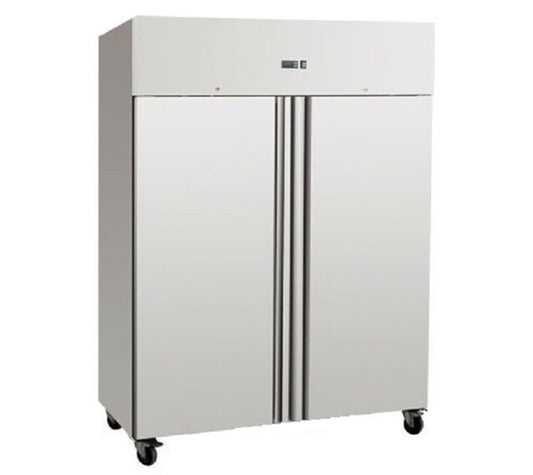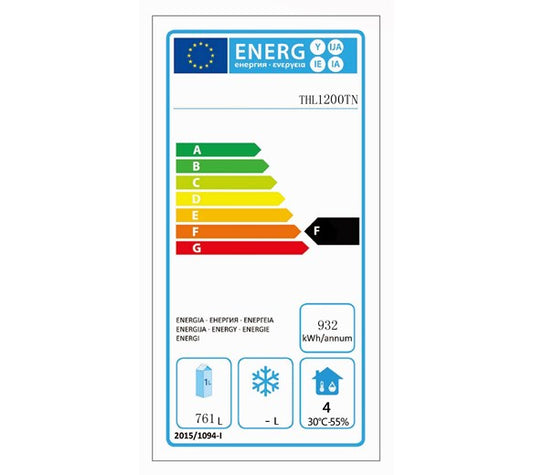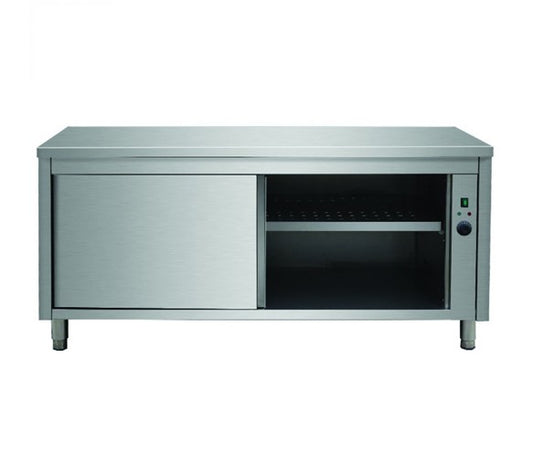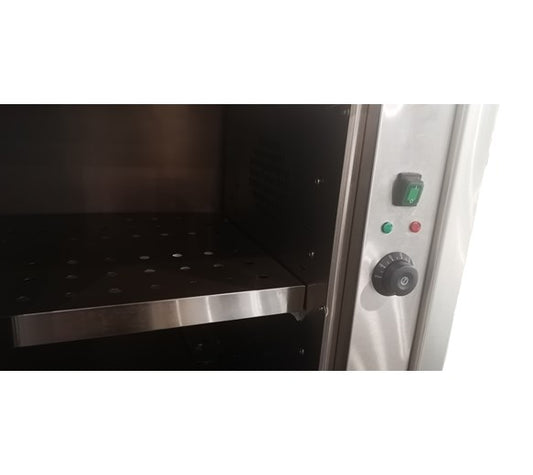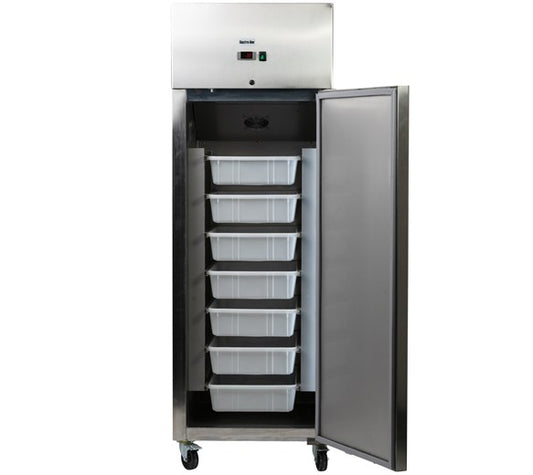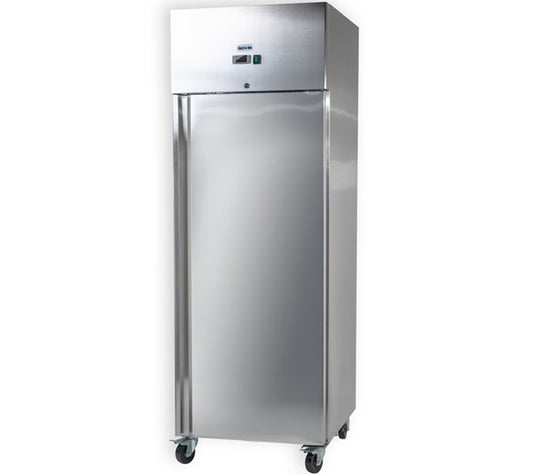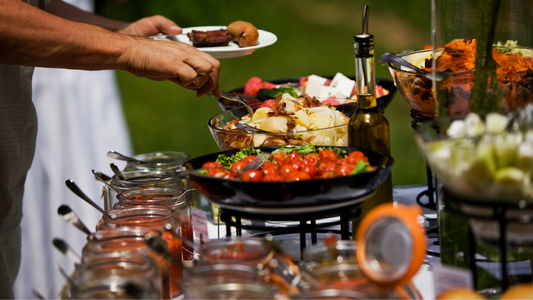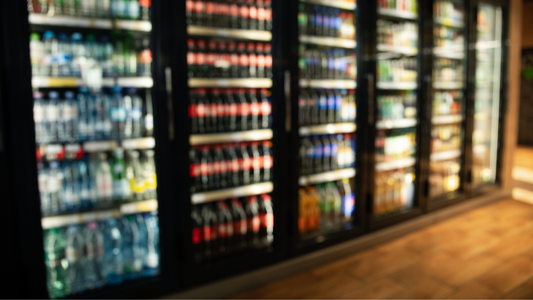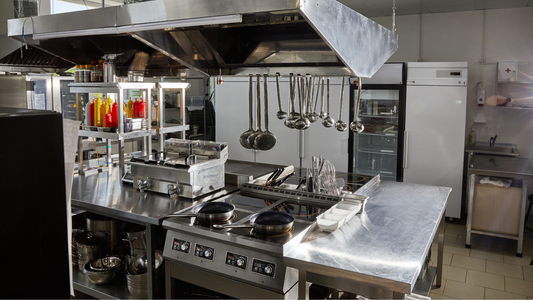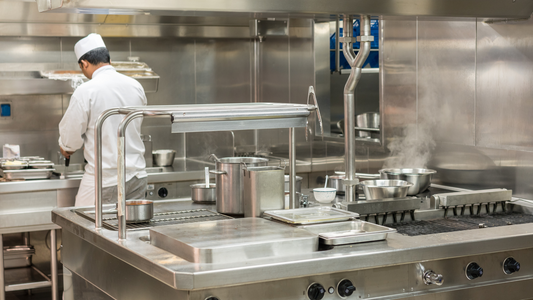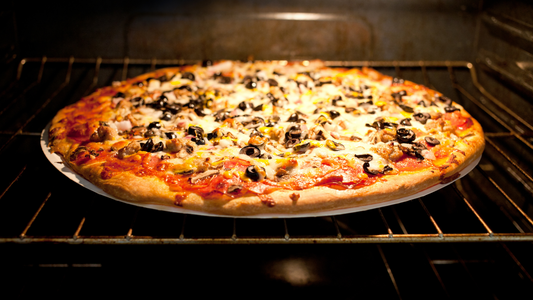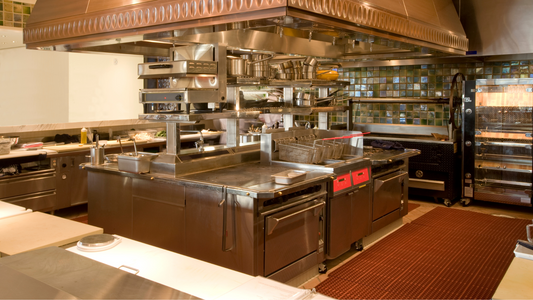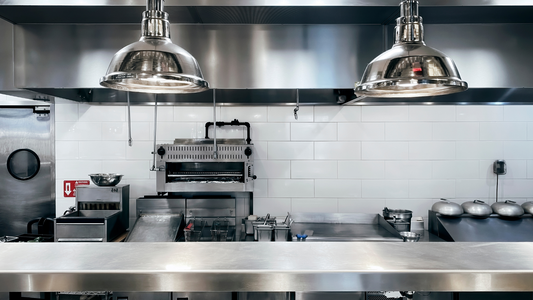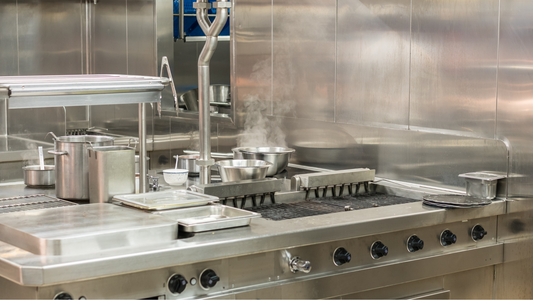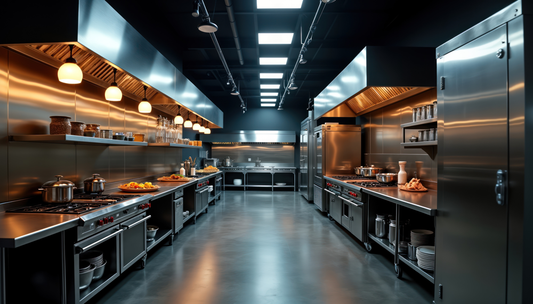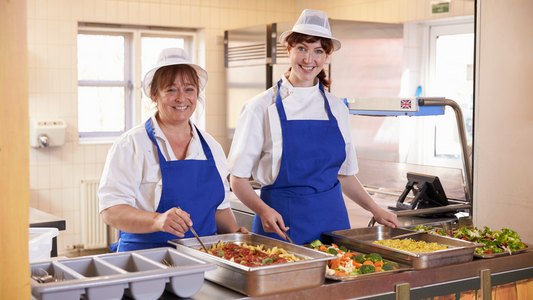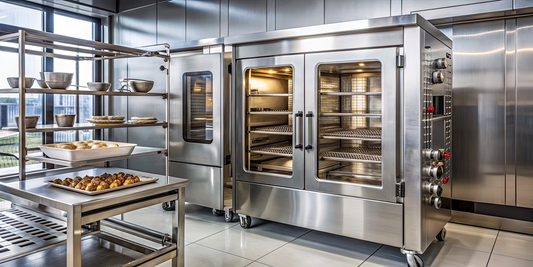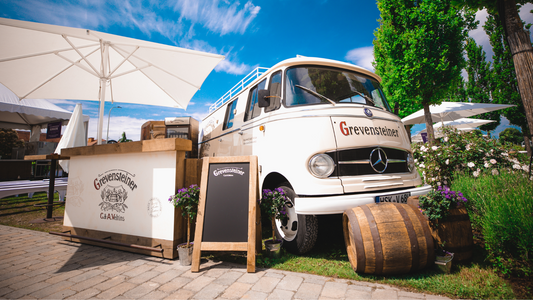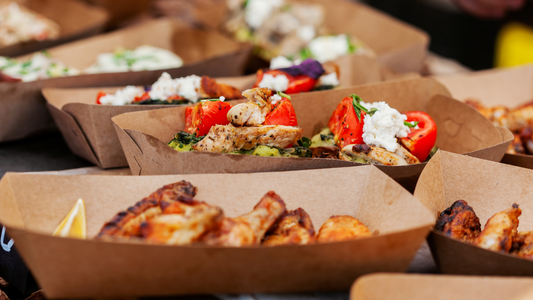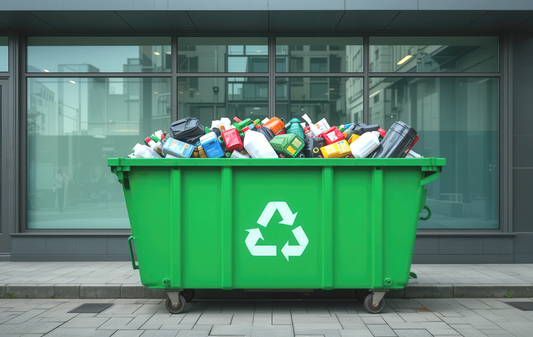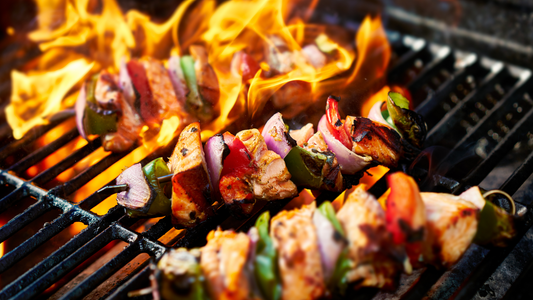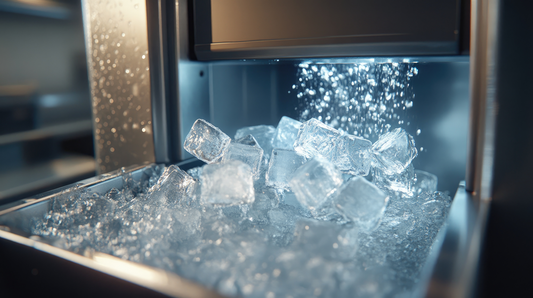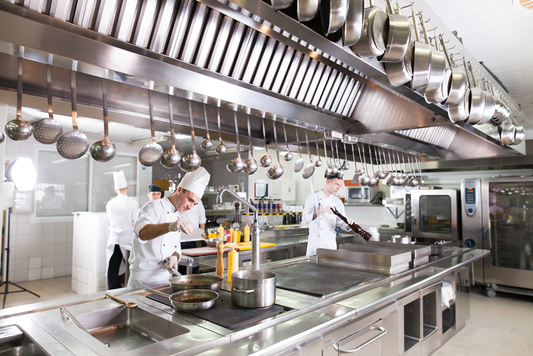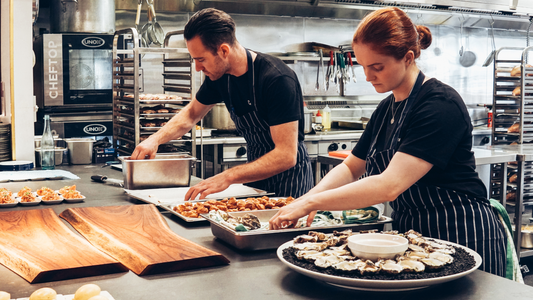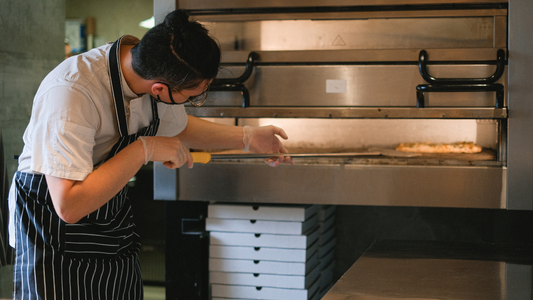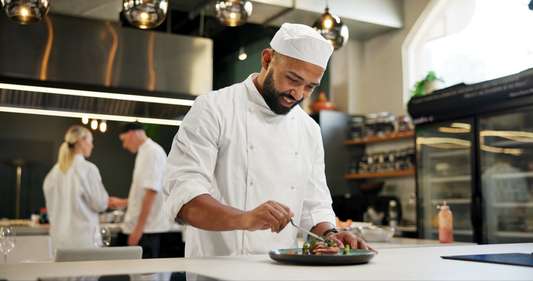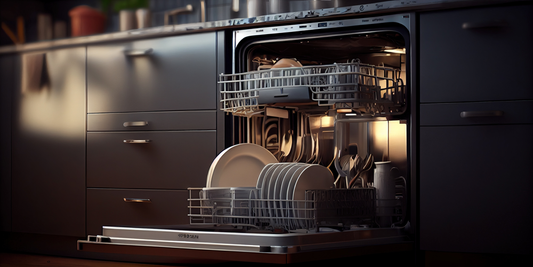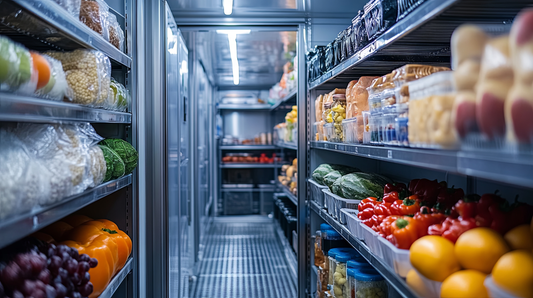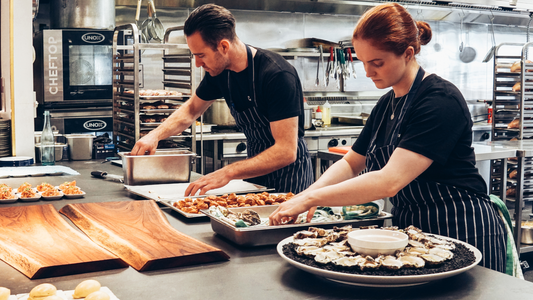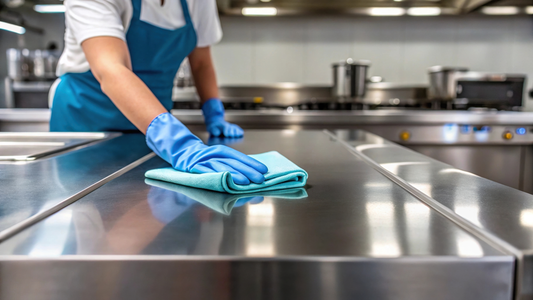Who Should Read This?
- Restaurant and café owners looking to improve environmental practices
- Hospitality managers aiming to reduce operational waste
- Catering businesses committed to sustainability goals
Why You Should Read This
- Food waste and energy use directly impact your bottom line
- Customers are increasingly drawn to eco-conscious businesses
- Practical changes can improve efficiency and reduce costs
What You’ll Learn
- How to reduce food, water, and energy waste in your kitchen
- Tools and systems to support sustainable practices
- Tips to align your business with environmental standards and consumer expectations
Sustainability Isn’t Just a Trend — It’s Good Business
In today’s hospitality sector, sustainability isn’t just a buzzword — it’s a competitive advantage. As more diners value eco-conscious brands, hospitality businesses that adopt responsible practices can gain customer trust while lowering costs. From food waste to energy use, every area of your commercial kitchen presents an opportunity to make smarter, greener choices.
Here’s how to do it:
1. Reduce Food Waste at the Source
Food waste is one of the most significant challenges facing UK kitchens. WRAP estimates that the UK hospitality sector wastes over 1 million tonnes of food annually. That’s not just a loss of ingredients, but of time, labour, and money.
Solutions:
- Track your waste: Use logs to record what gets binned and why. Adjust purchasing and prep accordingly.
- Use prep counters wisely: Refrigerated prep counters help keep ingredients fresher for longer. For example, the Gastroline Refrigerated Prep Counter 3 Door Stainless Steel Top allows you to store chilled items directly under your prep surface — improving workflow and reducing spoilage.
- Repurpose ingredients: Get creative with offcuts and leftovers — today’s surplus veg could be tomorrow’s soup special.
2. Improve Energy Efficiency with Smarter Equipment
Commercial kitchens are energy-intensive. Upgrading older equipment and using machines efficiently can cut your electricity and gas bills while lowering your carbon footprint.
Tips:
- Switch to energy-efficient refrigeration: Consider models like the Gastroline Commercial 2 Door Refrigerator - 1200L Capacity, which offers spacious storage with improved energy performance.
- Regular maintenance: Ensure seals, thermostats and motors are checked regularly — inefficient machines use more energy and reduce food safety.
- Use only what you need: Don’t run multiple ovens or fryers if demand is low — consolidate cooking processes during quieter hours.
3. Cut Down on Packaging & Single-Use Plastics
Customers are increasingly aware of packaging waste — and legislation is catching up. In England, single-use plastics like cutlery and plates are already banned.
Solutions:
- Switch to compostable or recyclable packaging for takeaway and delivery.
- Train staff to portion sauces and condiments properly, avoiding sachets where possible.
- Offer incentives for reusable cups or containers to regular customers.
4. Use Hot Holding Equipment Wisely
Hot cupboards and warming cabinets are great for holding food safely, but they can also be energy-intensive.
The Italinox 1000mm Stainless Steel Heating Cabinet - Hot Cupboard - Plate Warmer is a reliable option that keeps large quantities of food hot — great for busy services — but be sure to only use it during peak times to reduce energy waste.
5. Invest in Purpose-Built Storage to Reduce Cross-Contamination and Waste
Poor storage often leads to wasted ingredients, especially with perishable items like fish.
The Premium Gastroline Fish Fridge bundle with 7 FREE storage trays is ideal for keeping seafood fresh and well-organised. Dedicated storage not only preserves product quality but also prevents food waste caused by contamination or spoilage.
6. Engage Your Team and Customers
- Train staff on waste-reduction habits like FIFO (First In, First Out), correct fridge stacking, and energy-saving techniques.
- Display your efforts: Customers like to see your eco values — signage, menus or website updates can show you’re taking responsibility.
Final Thoughts
Sustainability doesn’t have to be overwhelming. By making smart choices with equipment, training, and processes, your commercial kitchen can significantly cut waste, save money, and align with modern expectations — all without sacrificing quality or speed of service.
👉 Visit our website: www.ecatering.co.uk
📞 Call us today: 0333 358 3678
📩 Email us: sales@ecatering.co.uk



